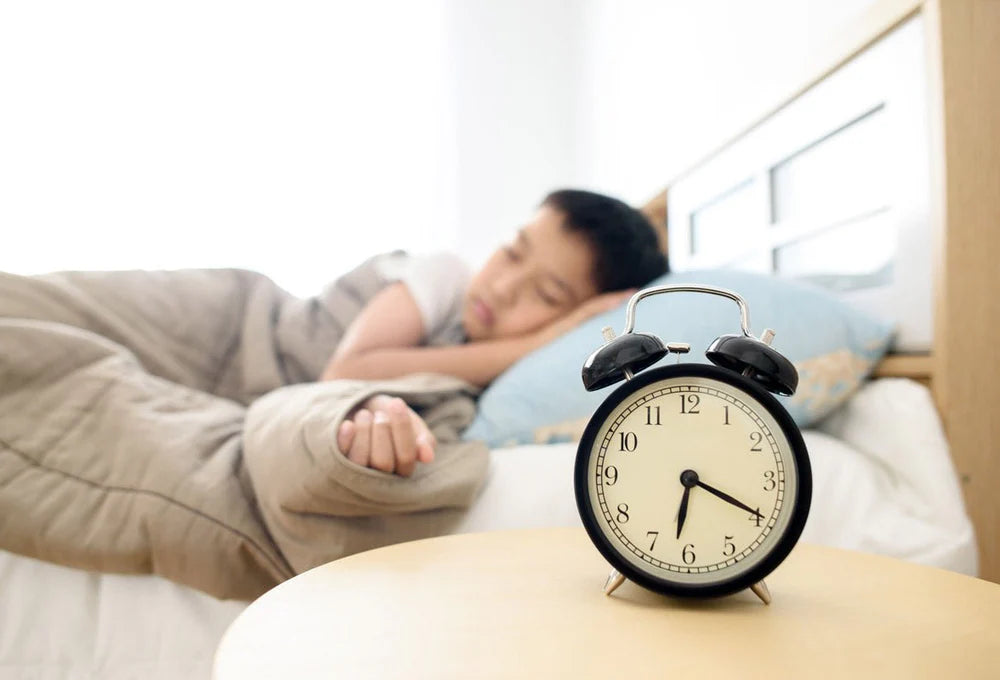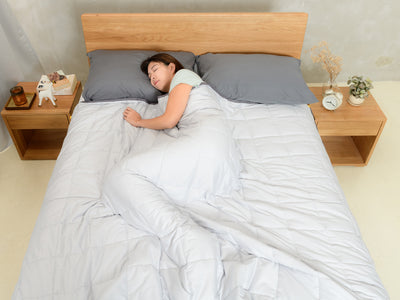Happy Easter Everyone!
30% OFF EVERYTHING
Sale ends April 21 ◖Shop Now!
Use Code |
HAPPYEASTER
✦ ENDS IN
days
hrs
min
sec
Mattresses


All
Pillows


All
Bedding


All
Baby & Kids


All
Gifts


All
A good night’s sleep starts with little good things.
Shop Natural


All
About


All
Please wait while we process your order









































